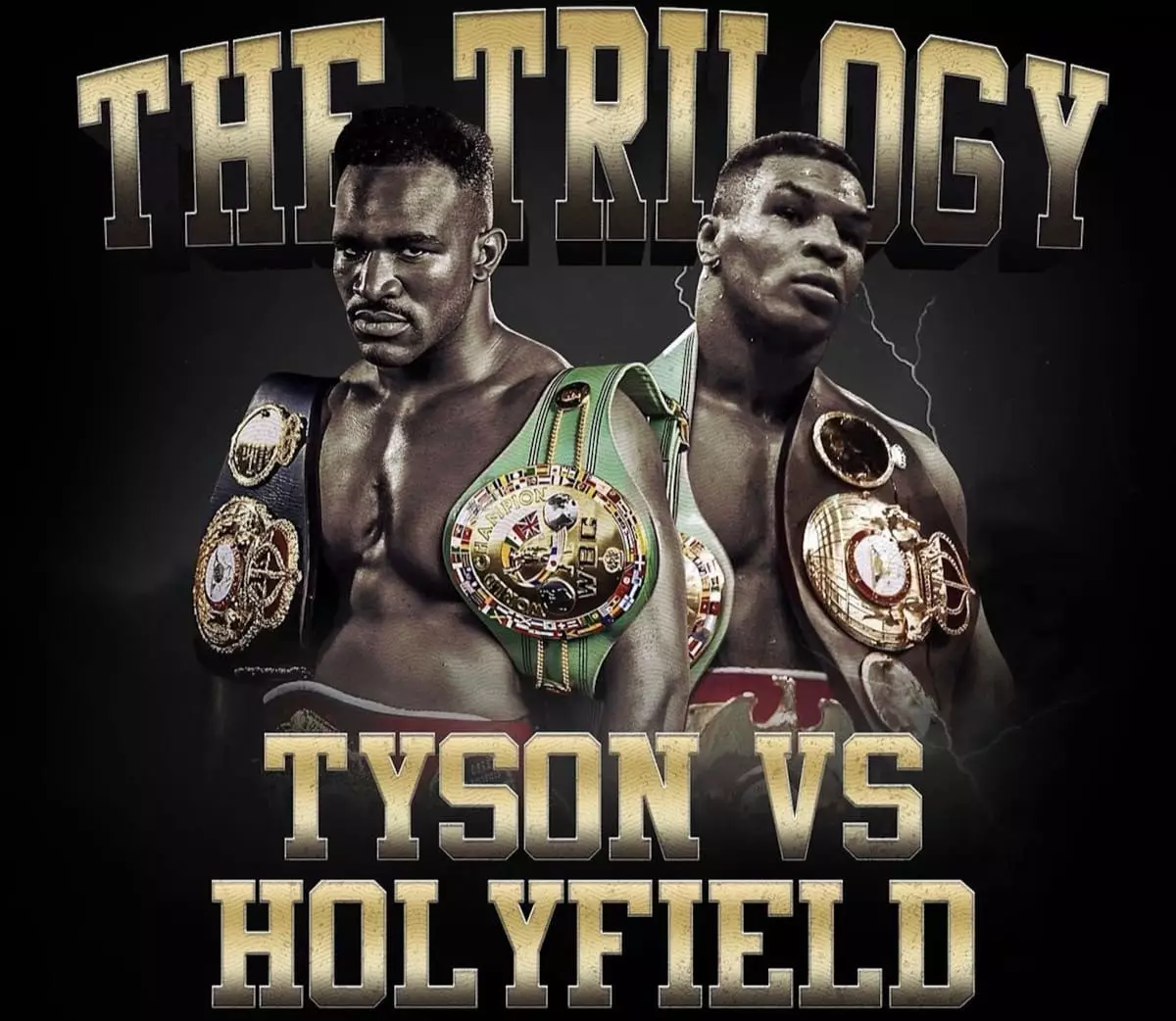The realm of boxing, long revered for its grit and athleticism, has increasingly become a strange stage where aging legends are coaxed into the ring, often to the dismay of fans and purists alike. This bizarre spectacle reached a new zenith with the recent matchup featuring the iconic but clearly past-his-prime Mike Tyson and social media star Jake Paul. As a 58-year-old Tyson stepped into the ring, the apparent gulf between the once-dominant heavyweight champion and his youthful opponent was alarming. Tyson’s performance left many questioning not just his readiness to compete, but the very nature of modern boxing.
In an era where streaming services and social media stars dominate the spotlight, the allure of celebrity boxing has never been greater. Jake Paul, a YouTuber by trade, has adeptly utilized this trend to create his niche within the sport. His fights are less about skill and more a reflection of the changing dynamics of boxing, where popularity can sometimes trump proficiency. Despite the skepticism surrounding his abilities, Paul remains active in pursuing future bouts that could include potential matchups with established boxers, albeit ones that seem more like publicity stunts than competitive tournaments.
Tyson’s participation raises critical questions about the motivations behind such fights. With a storied past filled with incredible victories and notorious incidents, Tyson has now transitioned into a figure who seems more a relic of a bygone era rather than a competitor of merit. His recent bout against Paul not only highlighted his physical decline but also underscored the uncomfortable reality of watching former champions attempt to recapture past glories.
As if the spectacle of Tyson’s latest fight wasn’t disconcerting enough, the boxing community was recently subjected to the absurdity of Evander Holyfield calling Tyson out for a purported “trilogy” fight. Holyfield, now 62 years old, conjured a mock fight poster that proclaimed “Unfinished Business,” as if the fans were clamoring for a continuation of their storied rivalry. For many observers, this ill-conceived notion feels more like a desperate grasp for relevance rather than a genuine appeal to fan interest.
The historical backdrop of Tyson and Holyfield’s clashes – particularly the infamous “Bite Fight” of the late ’90s – adds layers of complexity to this proposed rematch. However, while nostalgia may play a role, it is imperative to acknowledge the stark difference between embracing a legacy and putting oneself at risk in the ring. Tyson’s reaction, declaring that their friendship is their true trilogy, reflects a more grounded perspective — one that is sorely needed in an industry prone to losing touch with reality.
The unfortunate reality is that the resurgence of aging fighters like Tyson and Holyfield may lead to catastrophic consequences. Their continued involvement in detrimental affairs raises foundational questions about the ethics of promoting fights that could endanger their health. Boxing has a long and notorious history of tragic outcomes for fighters, particularly as they age and their bodies become increasingly unable to withstand the rigors of the sport. This is why many fans and commentators hope that subsequent bouts, such as the upcoming fight featuring 59-year-old Oliver McCall, prioritize safety above all.
While McCall seeks to extend his professional career to celebrate a monumental 40 years in the sport, there lies a thin line between passion for boxing and pragmatism. The notion that a boxer should extend their career based on tenure rather than skill or health is concerning. In essence, the real question is: how many more rounds can we expect from legends that should be savoring their legacies instead of putting their bodies on the line for dwindling fame?
The unsettling landscape of celebrity boxing with aging warriors entering the ring raises profound issues that go beyond sport itself. It challenges promoters, fans, and fighters to critically examine their motivations, the logistical handling of fighter health, and the culture surrounding modern boxing. Moving forward, it is essential that we advocate for more responsible matchmaking and prioritization of fighter wellbeing over transient entertainment. Eventually, the fight game must be stripped of its circus-like elements, focusing instead on what once made it great: skill, respect, and the health of its athletes.

